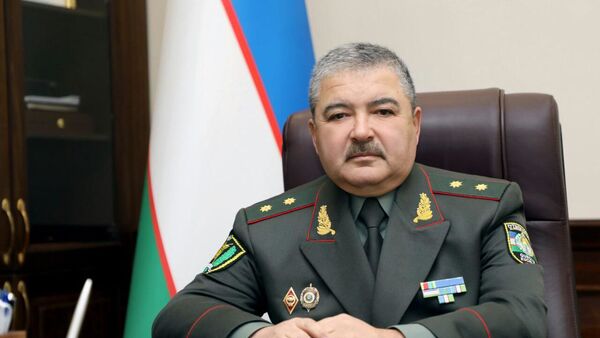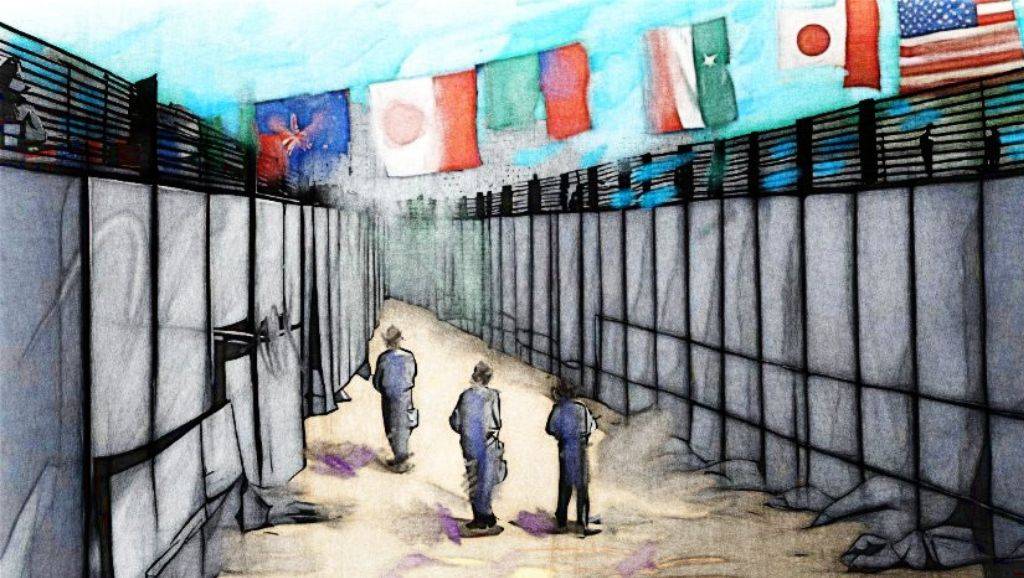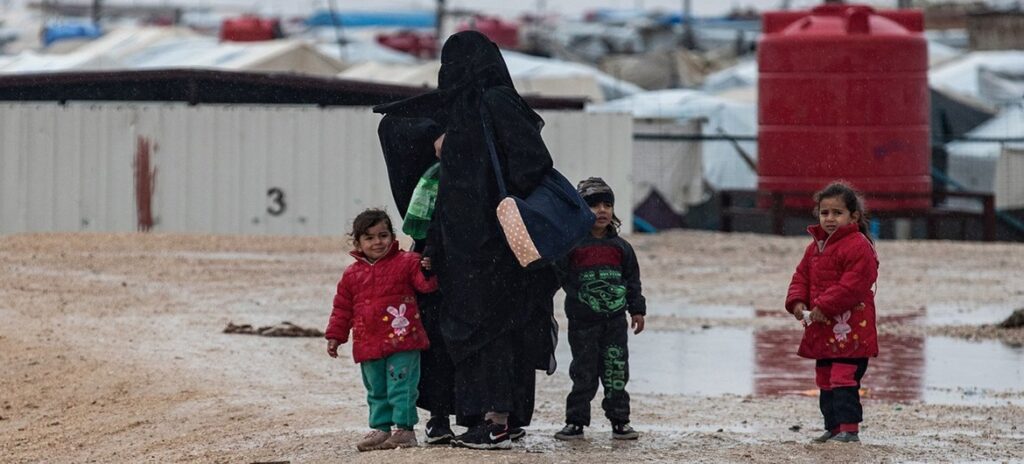BISHKEK (TCA) — Kyrgyzstan President Almazbek Atambayev on August 4 signed into law amendments allowing the authorities to deprive those convicted of terrorism and extremism of their citizenship.
The presidential press service said that the amendments to the country’s Criminal and Administrative Codes “toughen punishment for terrorism-related crimes and outline steps to deprive individuals convicted of terrorism and extremism of Kyrgyz citizenship.”
In the meantime, a spokesman for the Kyrgyz State Committee for National Security, Rakhat Sulaimanov, told RFE/RL on August 3 that as many as 600 Kyrgyz citizens have joined Islamic militants in Syria and Iraq. The figure includes 100 women.
According to Sulaimanov, more than 70 Kyrgyz citizens had been killed in the past years while fighting on the side of Islamic militant groups.
He also said that 20 nationals have returned to Kyrgyzstan after taking part in the Syrian and Iraqi conflicts.
Kyrgyz authorities earlier said about 500 Kyrgyz citizens had joined Islamic militants in the two Middle Eastern countries.
Unlike neighboring Central Asian countries, Kyrgyzstan has so far not seen any serious acts of terrorism and extremism, though the National Security Committee has reported thwarting some of them in the recent time.
In the neighboring Kazakhstan, authorities captured a lone Islamist terrorist who conducted multiple attacks that Kazakh President Nursultan Nazarbayev described as a “terrorist act,” which targeted police and left seven people dead and eight others injured in Kazakhstan’s largest city, Almaty, on July 18.
It was the second deadly attack in two months in Kazakhstan, following a still largely unexplained rampage by dozens of young men in the northwestern city of Aktobe that left at least 28 people dead. Officials blamed Isamists for that attack.









